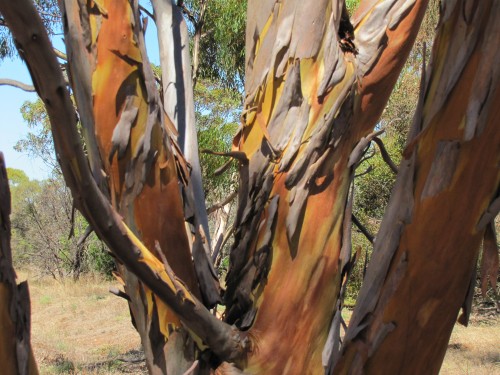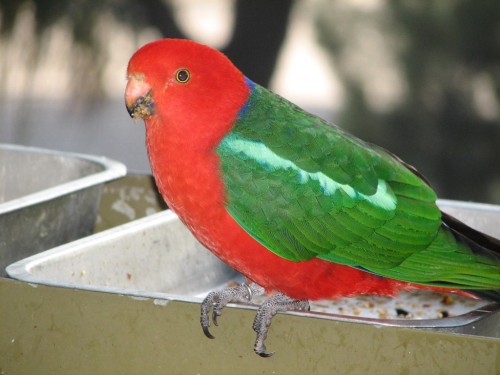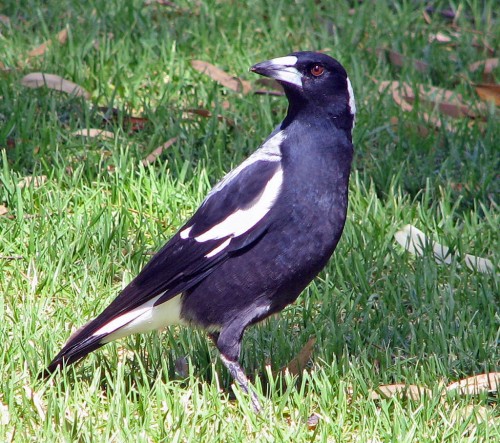Good grief – watch the words you use

“Good grief.”
I heard someone use these words only a few days ago. They made me pause and consider them. Funny how those words had never before made me stop and think (well, not that I can remember). They were spoken as one of our many idioms, expressing surprise or irritation, the normal use and meaning of the expression.
What made me think, however, was the fact that this expression is something of an oxymoron, two words with contradictory meanings. When has grief ever been good? Although, I suppose in the sense that grieving leads to dealing with a loss and moving on with life it could be said to be good for you.
The point I am trying to make is that sometimes we use words in our writing which can convey the wrong ideas, communicating the wrong message to our readers. We need to be careful in the ways we use words and expressions, especially idioms and slang. Of course, the use of idioms and slang, used with discretion, can enhance our portrayal of certain characters in our stories. Overused they can become tedious. Always make every word count and make each word or phrase earn its place in your story.
Interestingly, a web search with the term “good grief” turns up about five million results. At the top of the search I did was an Australian group called “Good Grief“, an organisation dedicated to assisting people dealing with trauma, grief, loss and change.
My message today: choose your words carefully.
Good writing.
More about idioms
Over the time I have been writing on this blog I have written a series of articles about idioms. Idioms are those colourful expressions we use liberally in our speaking and writing, but if taken literally they become rather silly.
For a longer discussion on idioms, read my article called What is an idiom?
To read more about various idioms, their origins and possible meanings search through my archives in the idioms category here.
Over the next few days I plan to publish a series of stories that contain dozens of idioms. I hope that you enjoy them.
Idiom #19: As Free as a Bird
This week’s idiom: As free as a bird.
Most birds are free to go where they please. Unless they are in a cage or aviary, in which case they are not as free as a bird.
Meaning:
If someone is said to “be as free as a bird” they are able to go wherever they please without any restrictions or worries.
Example:
When Jenny left home and travelled through Europe without her parents, she was as free as a bird.
The bird shown in the photo above is not as free as a bird. The photo was taken inside a walk through aviary at the Adelaide Zoo, South Australia. King Parrots are found as free as a bird in the forests and woodlands of eastern Australia.
Click on the photo to enlarge the image.
See more bird photos – and much more – on my photo gallery here.
Read more about Australian Birds on Trevor’s Birding Blog here.
Read more about idioms here.
Idiom #18: An Early Bird
It has been a long time since my last article about idioms. It is time to get back on track, to let the cat out of the bag and to turn over a new leaf before my readers think I’ve abandoned them with egg on their faces and that I’ve cooked my own goose.
In earlier examples of idioms (click here) I concentrated mainly on idioms relating to birds. This is because birding is one of my passions and the focus of another blog I write (see Trevor’s Birding here).
This week’s idiom: An early bird.
Meaning:
If someone is “an early bird” they get up early in the morning, or they are very early for an appointment.
Origins:
I cannot find any references as to the exact origins of this phrase. It quite likely comes from the proverb “The early bird catcheth the worm” quoted in John Ray’s A Collection of English Proverbs published in 1670. This proverb seems a logical statement due to the habit of many birds to rise early, to be very active even well before dawn and thus anyone who is an early riser is said to be “an early bird.”
Example:
“In order to be the first in line, you will have to be an early bird.”
Links:
- Idioms – a series of articles about idioms from my archives.
Australian Magpies often begin their beautiful carolling well before sunrise. They certainly are one of “the early birds” in Australia.


